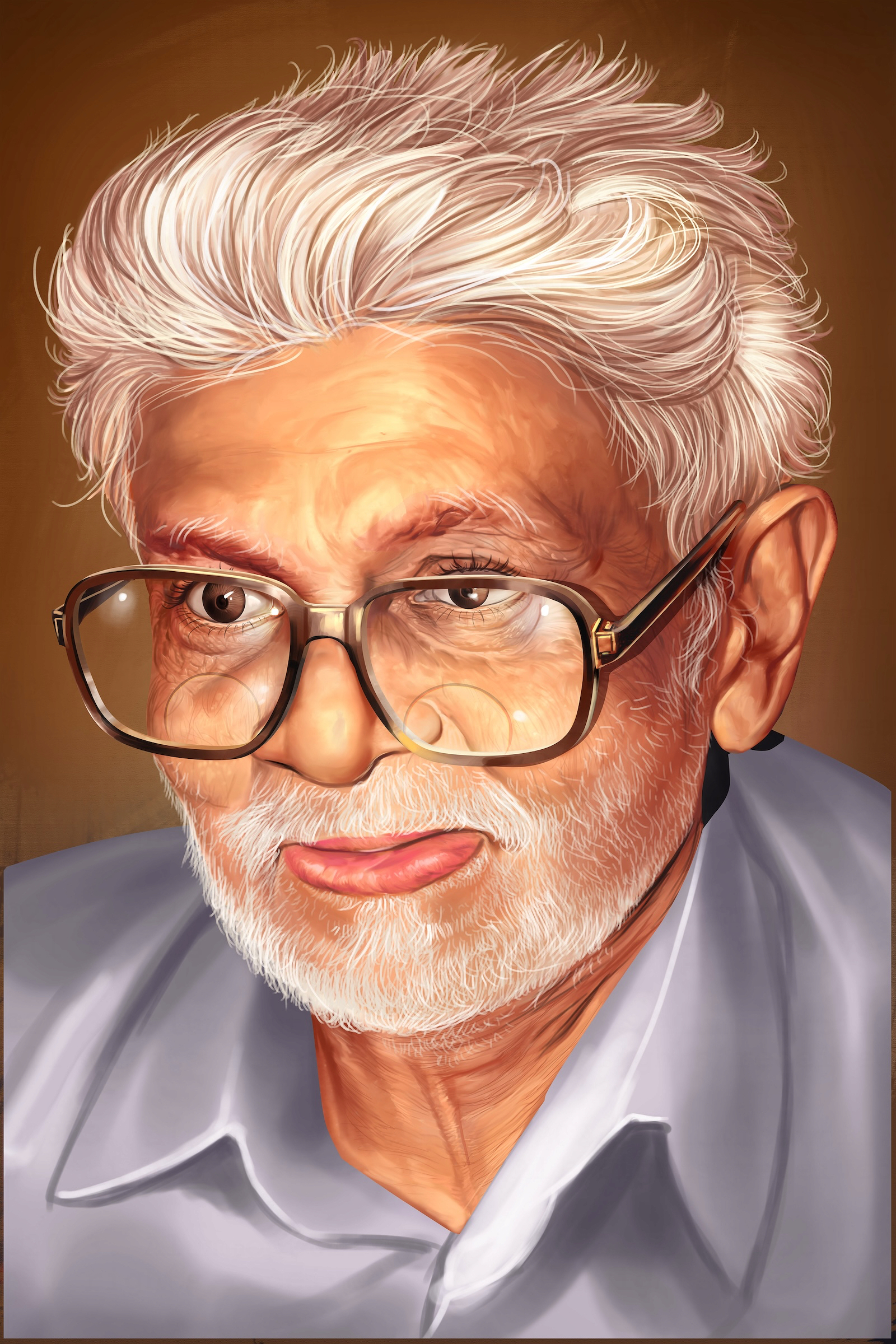

. . .
A P Udayabhanu, a distinguished social activist of India, and a prominent freedom fighter, was born into the Alummoottil family on the 1st of October in the year 1915. Udayabhanu's educational journey commenced with academic excellence, culminating in the attainment of a Bachelor of Arts degree in 1936, followed by a Bachelor of Law degree. He embarked on a legal career, practicing law in the courts of Mavelikkara and Thiruvananthapuram, starting in the year 1940. 1915 ഒക്ടോബർ 1-ന് ആലുംമൂട്ടിൽ കുടുംബത്തിലാണ് വിശിഷ്ട സാമൂഹിക പ്രവർത്തകനും പ്രമുഖ സ്വാതന്ത്ര്യ സമര സേനാനിയുമായ എ.പി. ഉദയഭാനു ജനിച്ചത്. 1936-ൽ ബിരുദാനന്തരബിരുദം നേടി. അതിന് ശേഷം ബാച്ചിലർ ഓഫ് ലോ ബിരുദം പൂർത്തീകരിച്ചു. 1940 മുതൽ മാവേലിക്കരയിലെയും തിരുവനന്തപുരത്തെയും കോടതികളിൽ അഭിഭാഷകനായി പ്രാക്ടീസ് ആരംഭിച്ചു.
In 1932, at the age of 17, Udayabhanu joined the Indian National Congress, influenced by the political activism of his uncle, the social reformer T.K. Madhavan. His fervor for political participation led him to rise swiftly within the party's ranks.
In 1944, at the youthful age of 29, Udayabhanu clinched his maiden election to the Travancore Legislative Assembly under the Congress banner. In 1948, he ascended to the position of general secretary within the party.

Udayabhanu's political journey continued to flourish as he presided over the Kerala Pradesh Congress Committee, known at the time as the Thiru-Kochi Pradesh Congress Committee, from 1955 to 1956.
Beyond his legislative pursuits, Udayabhanu served as a distinguished member of the Kerala Public Service Commission from 1963 to 1969. He also assumed the role of chairman for the Kerala Government Prohibition Commission, formulating the Udayabhanu Commission Report on Alcohol Policy in response to mounting anti-liquor protests and incidents of methanol poisoning in the state.
In conjunction with Lakshmi N. Menon, Udayabhanu played a pivotal role in founding the non-governmental organization Alcohol & Drug Information Centre (ADIC-India). Following Menon's passing, he served as its president until the 15th of December 1999.
Udayabhanu's journalistic endeavors were marked by distinguished editorial roles at various newspapers. He established the newspaper "Prabodham" in 1948 and later served as chief editor at "Deenabandhu." His association with "Mathrubhumi," one of Kerala's prominent morning dailies, spanned the years 1961 to 1978, during which he served on its editorial board. He also contributed guest columns to several newspapers, including "Manorajyam," "Kunkumam," and "Keralabhushanam." His contributions to journalism earned him the prestigious Swadeshabhimani Award in 1993.
Udayabhanu's literary acumen shone brightly in the realm of Malayalam literature. He was known for his contributions to the genre of light essays, often infused with humor. Works such as "Samsarikkunna Daivam," "Anayum Alpam Telungu," "Koccucakkaracci," and "Arthavum Anarthavum" catapulted him to eminence as a distinguished writer in the Malayalam language. In 1993, he was honored with the Kerala Sahithya Academy Award for lifetime contributions to literature.
Throughout his remarkable life journey, Udayabhanu's contributions to politics, journalism, and literature left an indelible mark on Kerala and India, making him a revered figure in the annals of history. His autobiography, "En̠r̠e kathayuṃ alpaṃ," stands as a cherished gem within his literary legacy, offering profound insights into his extraordinary life.
He departed from this world on the 15th of December 1999, leaving behind a legacy of multifaceted talents and remarkable contributions to various fields.
. . .
